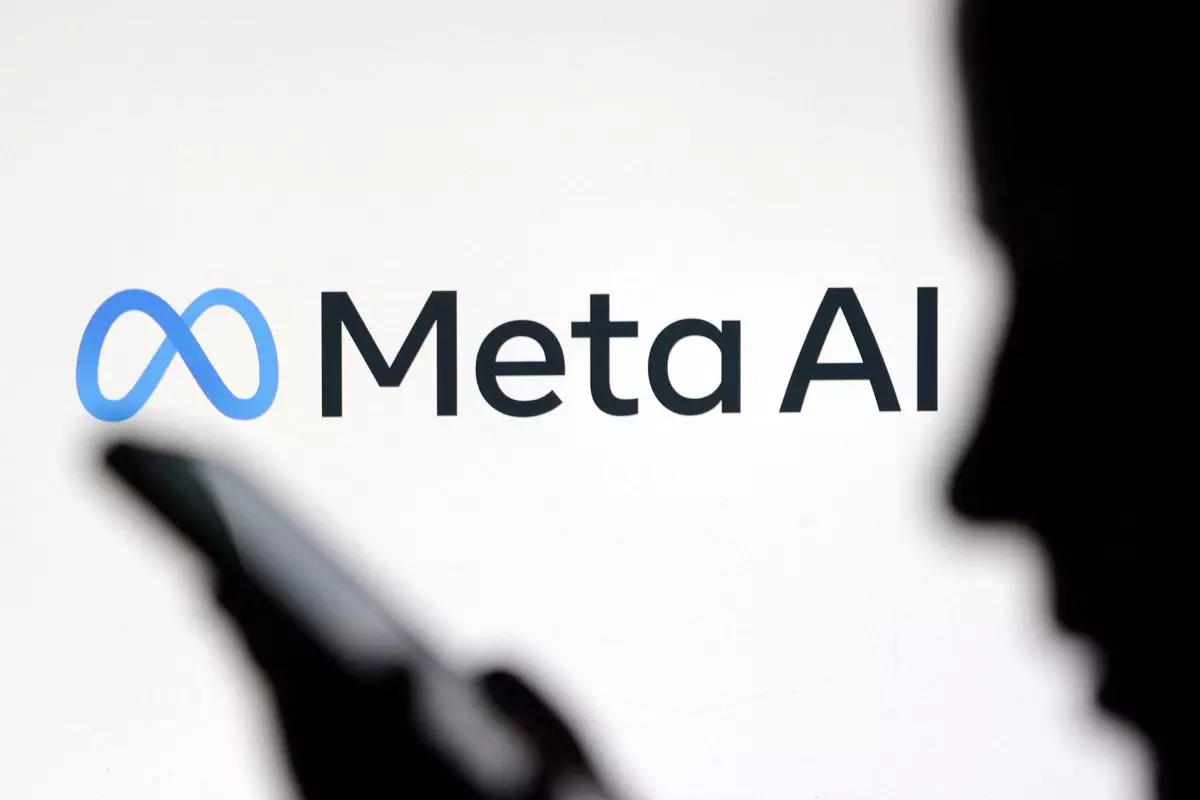In a significant move that underscores its commitment to advancing artificial intelligence, Meta recently announced the launch of innovative AI models, including a groundbreaking “Self-Taught Evaluator.” This tool is designed to minimize human involvement in AI training processes by utilizing AI-generated data for evaluation. The implications of this shift could revolutionize the way AI systems learn and verify their understanding, potentially paving the way for autonomous AI entities capable of independent functioning.
The Self-Taught Evaluator leverages techniques reminiscent of those employed by OpenAI’s recent models, specifically the “chain of thought” methodology. This approach involves deconstructing intricate challenges into manageable components. Such a strategy has shown promise in enhancing the accuracy of responses in complex domains, including mathematics, coding, and scientific inquiry. By using data solely generated by AI for training purposes, this model seeks to eliminate human biases and errors that can arise during the conventional training processes.
The Meta research team envisions a future where AI systems can independently learn from previous errors, significantly reducing the reliance on human feedback, which is currently a time-consuming and costly process. The concept of removing human input is enticing, as it opens doors to self-improving algorithms that could execute a plethora of tasks without ongoing human supervision. Researchers believe that their tool could help in creating digital assistants capable of functioning at a superhuman level, suggesting that as AI systems evolve, their ability to self-assess will become paramount.
One of the most significant advantages of this new model is its potential to streamline the training phase of AI development. Traditional methods such as Reinforcement Learning from Human Feedback (RLAIF) require experts to label data and verify outcomes, which often leads to inconsistencies and inefficiencies. Meta’s approach seeks to transcend this limitation, positioning AI systems to evaluate themselves utilizing data-driven insights. Jason Weston, a researcher involved in this endeavor, emphasizes that self-evaluation is essential for achieving a level of AI that surpasses average human capabilities.
While companies like Google and Anthropic are also exploring methods akin to RLAIF, they have been reticent to make their models publicly available. Meta’s decision to release these tools represents a stark contrast, fueling competition in the AI space and raising questions about the accessibility and ethical implications of autonomous systems. By allowing public access to their innovative models, Meta is not just advancing its interests but also fostering a culture of transparency in AI development.
In addition to the Self-Taught Evaluator, Meta unveiled updates to its Segment Anything model and introduced tools aimed at accelerating response times in large-language models. The release of new datasets targeting inorganic material discovery further demonstrates Meta’s commitment to pushing the boundaries of AI and its applications.
Meta’s recent advancements signify a pivotal moment in the evolution of AI. As the potential for self-evaluating models materializes, the landscape of AI development is poised to shift dramatically, promising a future where intelligent systems can learn and adapt with minimal human oversight.


Leave a Reply